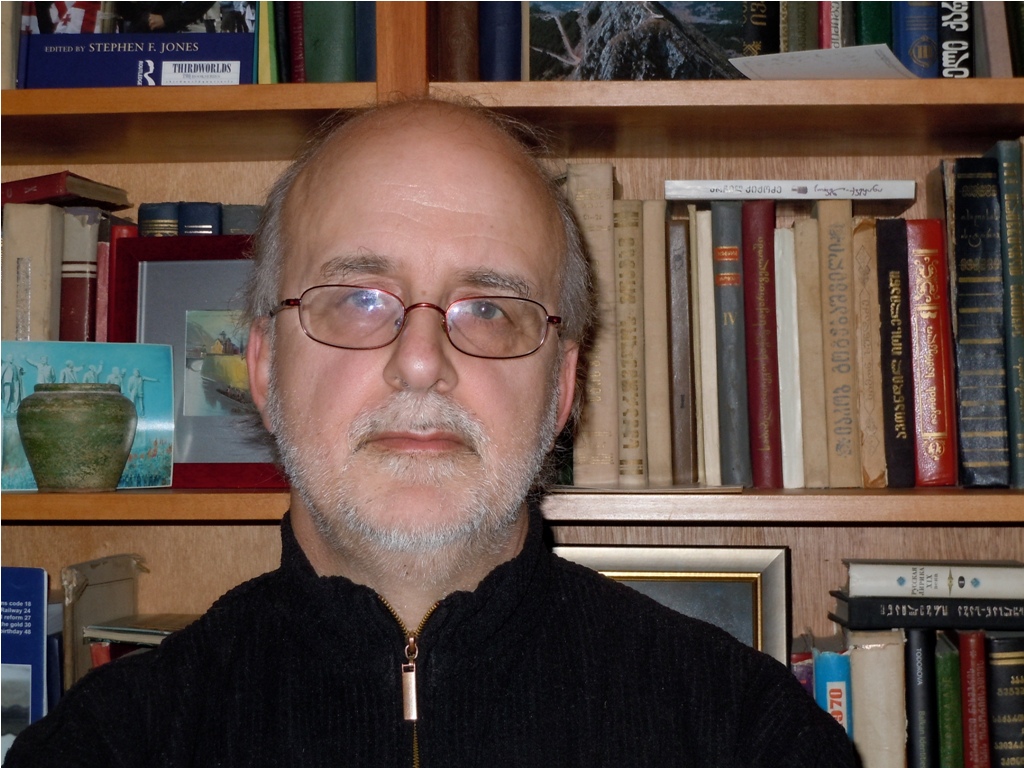By Professor Stephen F. Jones
For the paper please visit openDemocracy at http://www.opendemocracy.net/od-russia/stephen-f-jones/georgia-through-glass-darkly
18 November 2013
Abstract:
‘For now we see through a glass, darkly’, (1 Corinthians 13:12)
St. Paul was referring to man’s inability to perceive God clearly. But his image could just as easily be used as a metaphor for Westerners who see distorted images of the Caucasus. The way we interpret politics in that region tells us more about ourselves than it does about the reality as the people living there see it. The language we use to classify the Caucasus, the images we present, the questions we ask, all shape the policies we pursue in the region, and the solutions we propose.
Reading Western newspapers and academic papers, listening to US and European politicians, or reading IMF prescriptions for economic reform in the Caucasus, tells us about Western values and hopes, but not much about the political, social and economic conditions in the region as perceived by most of its citizens. Why do Western perceptions of reality in the Caucasus differ from the perceptions of the inhabitants themselves? What are the policy consequences of such Western perceptions? I will focus on Georgia, though many of the things I say are also applicable to Armenia and Azerbaijan.
Over 150 years ago, Russian social and literary critic Vissarion Belinsky put it this way: in the Caucasus, he wrote, ‘you will never look for anything quiet, funny or fun in a story: it usually begins with loud phrases, and ends with massacre, betrayal, patricide… (B)ut this is only one side of highlanders’ life:… It is, of course, spectacular, but one and only one thing – say what you may – becomes boring.’

